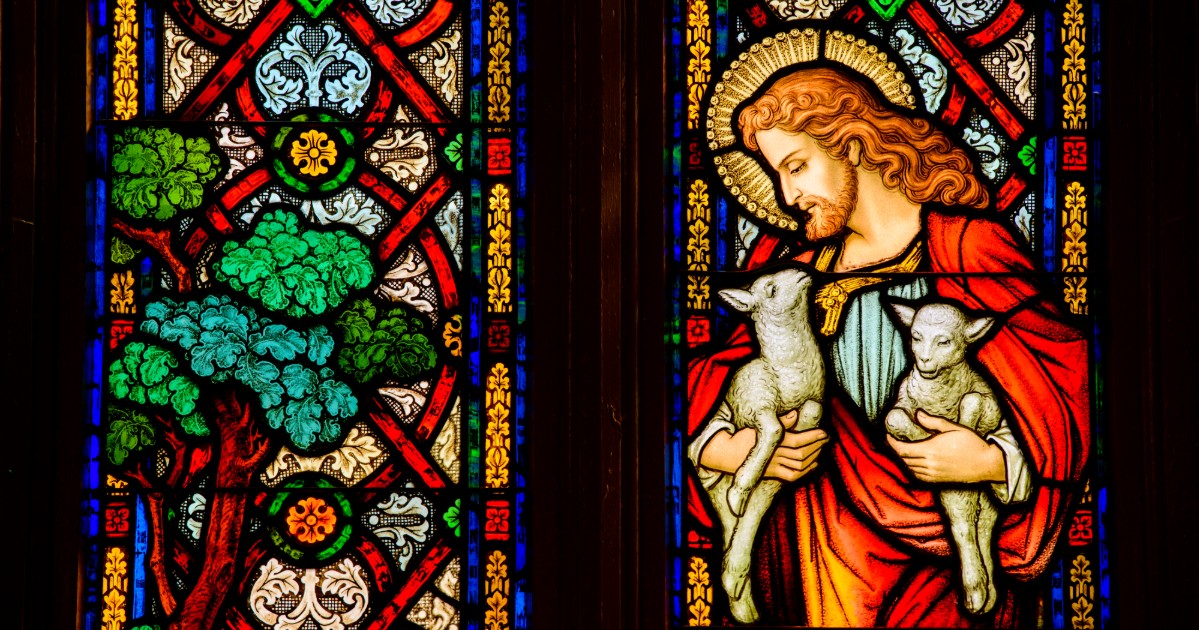
We shall not want: On Psalm 23
The words of the familiar psalm are more than poetry. They are a confession of faith: With Christ as our Shepherd, we want for nothing.

The words of the familiar psalm are more than poetry. They are a confession of faith: With Christ as our Shepherd, we want for nothing.

We do a nice thing and immediately tuck it away in our mental archives for later. “Wow,” we say to ourselves, “would you look at that!” And then we do. Often.

Lasagna and honey ham, lemon bars and snickerdoodles … There’s something heavenly about a potluck.

“Do not lay up for yourselves treasures on earth, where moth and rust destroy and where thieves break in and steal, but lay up for yourselves treasures in heaven.”

When the unimaginable happens, faith in Jesus is the only thing that will help us through.

“The harvest is plentiful, but the laborers are few; therefore, pray earnestly to the Lord of the harvest to send out laborers into his harvest” (Matt. 9:36).

In its March issue, LW looks at what it means for Christians to live “in the world, but not of the world” — together.

Instead of just bridging the church generation gap, what if we embraced it? From both sides?

In the family of God, we never run out of people to love.

Snow falls, and the ugliness of an unsightly landscape disappears. Dirt, decay, dilapidation — all are erased by two or three inches of newly fallen snow.

As we “sit in darkness” together during these dark, cold days of winter, the words of a favorite Epiphany hymn bring us comfort and hope.

Like every other pastor, the Synod president must deal with a variety of situations, trying faithfully and kindly to apply the Word of God in every instance.